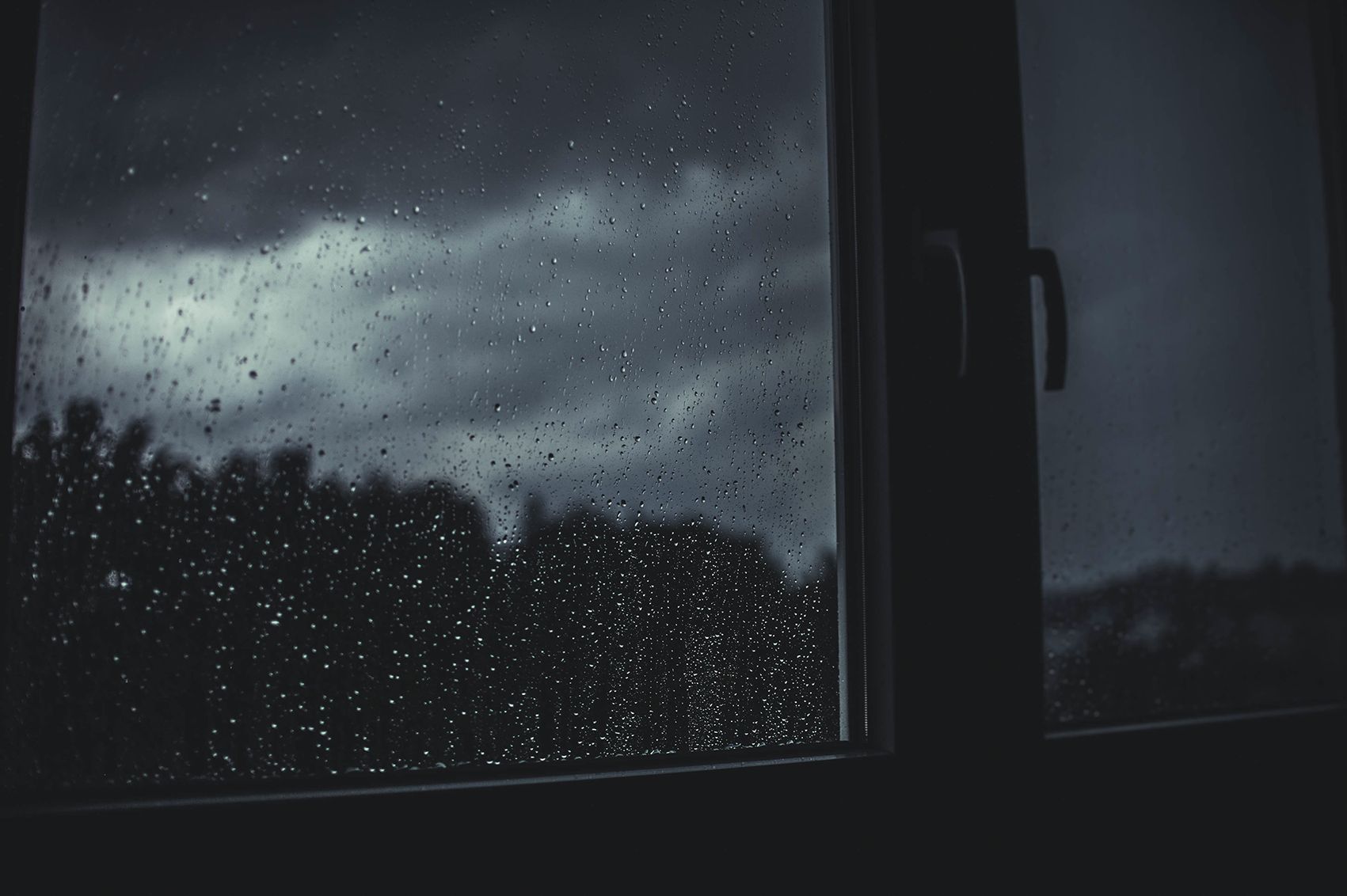Different types of depressive disorders exist, each with varying symptoms and severity levels. Christian Acuña, a compassionate therapist, offers support for overcoming these challenges at the Counselling Services for Men clinic in Sydney.
Major Depression: Also known as major depressive disorder (MDD), this condition encompasses persistent feelings of sadness, hopelessness, and a loss of interest or pleasure in activities. Individuals with MDD may experience changes in appetite and sleep patterns, fatigue, difficulty concentrating, feelings of worthlessness or guilt, and even thoughts of death or suicide. It significantly impairs daily functioning and quality of life.
Melancholia: Melancholic depression is a severe subtype of major depression. In addition to typical depressive symptoms, individuals with melancholia exhibit physical symptoms like disrupted sleep, reduced appetite, weight loss, and psychomotor agitation or retardation. They often lose the ability to experience pleasure in anything.
Psychotic Depression: Psychotic depression combines severe depression with psychosis, where individuals may have hallucinations or delusions. These hallucinations can involve seeing or hearing things that aren’t there, while delusions can include beliefs in personal inadequacy, guilt, or persecution. Psychotic depression requires immediate professional attention.
Antenatal and Postnatal Depression: Antenatal or prenatal depression occurs during pregnancy, while postnatal depression develops in the year following childbirth. These conditions affect not only the mother but also her relationships, including those with her baby, partner, and family. Symptoms can include mood swings, anxiety, irritability, and feelings of overwhelm.
Bipolar Disorder: Bipolar disorder involves cycling between depressive episodes and manic or hypomanic episodes. During manic phases, individuals may feel euphoric, have high energy levels, decreased need for sleep, and engage in impulsive behaviors. It’s crucial to distinguish between bipolar disorder and major depression because treatments differ.
Cyclothymic Disorder: Cyclothymic disorder is a milder form of bipolar disorder. Individuals experience chronic mood fluctuations over at least two years, with periods of hypomania and depressive symptoms. While less severe, it still impacts daily life.
Dysthymic Disorder: Dysthymia is a chronic, low-grade depression lasting more than two years. Symptoms are less severe than major depression but persist for an extended period, affecting overall functioning and well-being.
Seasonal Affective Disorder (SAD): SAD is a mood disorder with a seasonal pattern, most commonly associated with winter. Reduced exposure to sunlight during colder months can lead to symptoms like sadness, fatigue, oversleeping, overeating, and carbohydrate cravings. Light therapy and counseling are common treatments.
At Counselling Services for Men, under the guidance of therapist Christian Acuña, we offer tailored support and therapies to address these various depressive disorders, helping individuals regain control and find relief.

